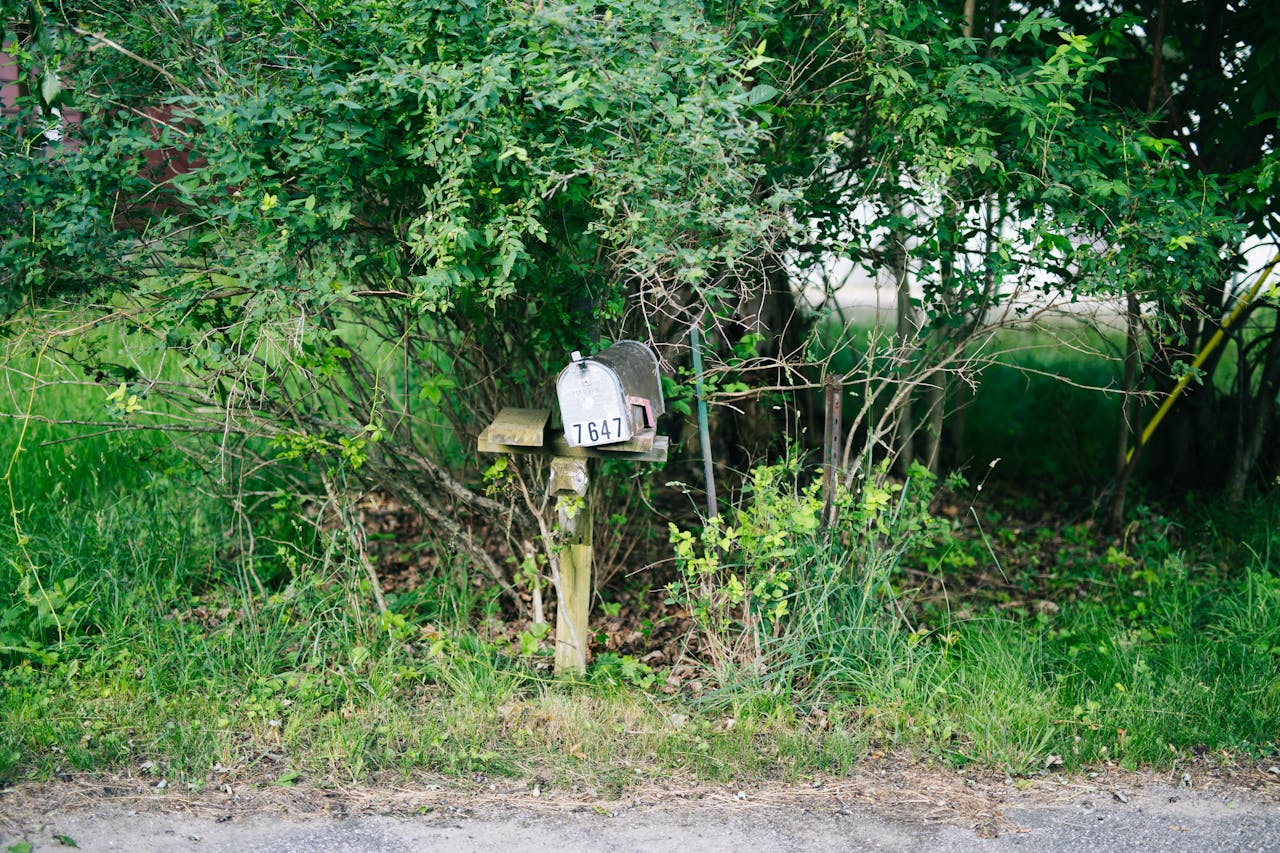
Image Source: Pexels
Your yard may seem like your personal space, but local regulations can dictate what’s allowed. It’s important to know what can cost you. Even small missteps, like leaving trash cans out too long or skipping lawn care, can lead to fines. Many homeowners are surprised to learn their landscaping, lighting, or decor violates city or HOA rules. Here are six common outdoor mistakes that could lead to unexpected fines from your city or HOA.
1. Overgrown Grass and Weeds
Many municipalities require lawns to be kept under a certain height. This is often 6 to 12 inches. Neglecting regular mowing or letting weeds take over can result in warnings, citations, or even lawn maintenance fees tacked onto your property tax bill. Complaints from neighbors or getting the attention of code enforcement officers can trigger these citations.
2. Improper Trash Storage
Leaving garbage cans out too early or forgetting to bring them in can violate local ordinances. Storing bins in visible spots, like the front yard, may also break HOA rules. This is especially if it’s unsightly or attracts pests. Be sure to check with your town or HOA to learn about trash rules and pickup schedules.
3. Unpermitted Structures
Thinking of adding a shed, deck, or fence? You may need a permit. Installing permanent or semi-permanent structures without approval can lead to fines and forced removal, even if the addition improves your yard’s function. You may even lose your insurance or not be able to sell your house until it is rectified.
4. Blocked Sidewalks or Driveways
Parking over sidewalks or allowing vegetation to spill onto walkways can create hazards. Cities can fine homeowners for obstructing public pathways or driveways, especially if it affects pedestrian safety. Even if it’s your own driveway, blocking the sidewalk portion violates accessibility laws in many areas. Regular trimming and mindful parking can help you avoid costly citations.
5. Improper Outdoor Lighting
Too-bright lights or poorly directed floodlights can violate “light pollution” laws or nuisance ordinances. Light pollution is excessive or misdirected artificial light that brightens the night sky and interferes with natural darkness. These rules protect neighbors from excessive glare and preserve nighttime visibility in residential areas. Check with your town to understand local laws.
6. Leaving Holiday Decorations Up Too Long
Some HOAs and towns have specific timelines for removing seasonal décor. Leaving up Christmas lights or Halloween inflatables for months may not just annoy neighbors, it could earn you a penalty. While it may seem harsh, leaving lights up too long is unsightly and could be a hazard. Left-up lights could lead to electrical short circuits or even fires.
Avoiding Property Fines
Always check local codes and HOA guidelines before making changes outdoors. A little due diligence can save you money and neighbor drama. Rules can vary significantly from one neighborhood to the next, and what’s allowed in one area may be a violation in another. Taking time to understand the regulations can help you avoid costly mistakes. It also shows respect for your community and helps maintain good relationships with neighbors and officials.
Read More
8 Common Garden Tools That Could Be Illegal in Your City
How To Get Free Seeds From The Government

Teri Monroe started her career in communications working for local government and nonprofits. Today, she is a freelance finance and lifestyle writer and small business owner. In her spare time, she loves golfing with her husband, taking her dog Milo on long walks, and playing pickleball with friends.
Leave a Reply